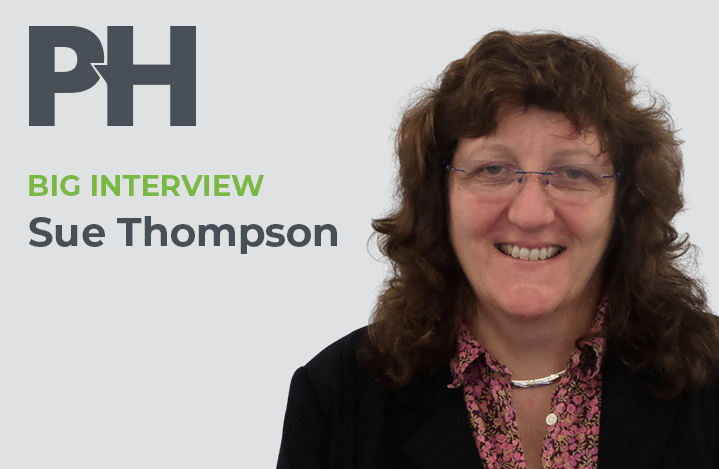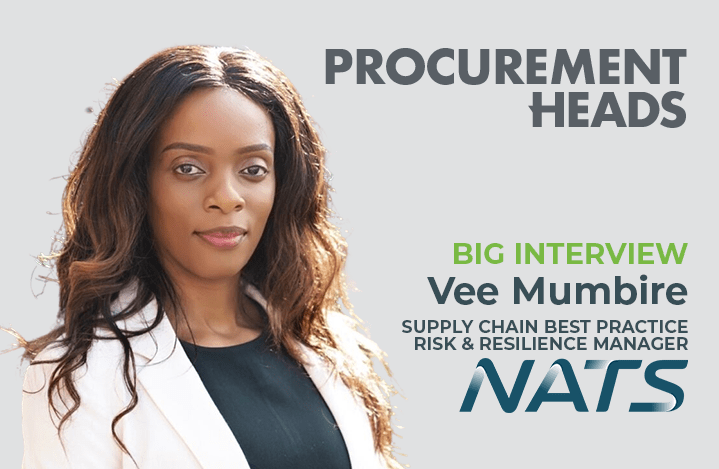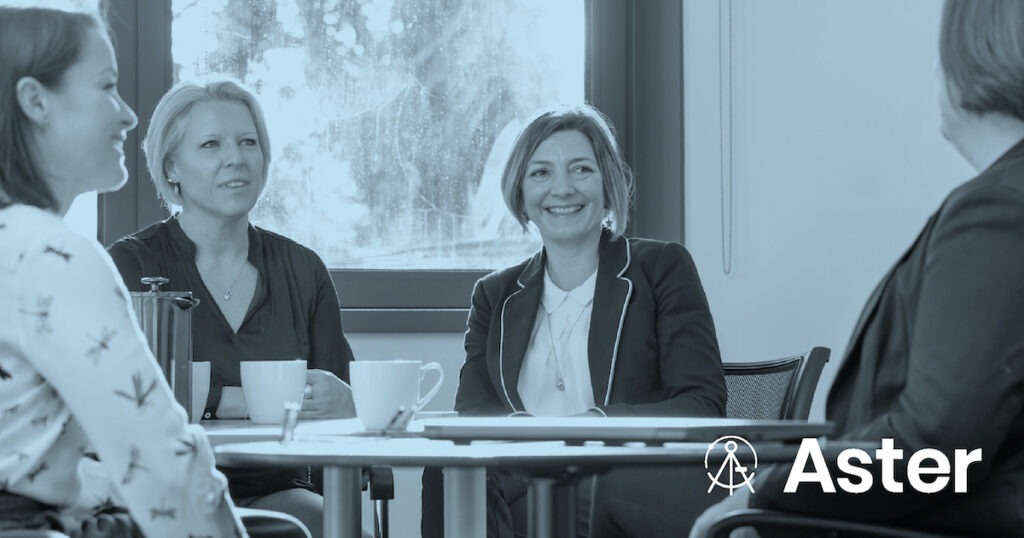The study, conducted by Marjo-Riitta Diehl and her research co-authors, investigated the motivational aspects of networking, especially for women.
They found that women don’t believe that they will add value to other members of their networks and as a result feel that they derive more benefits from the networks, leading to a fear that they owe a debt of gratitude to others.
The researchers suggest that such difficulty in relying on others and accepting benefits combined with the underestimation of one’s value, form an obstacle that discourages networking for the purposes of career development.
“Women’s tendencies to underestimate their value in professional networks and on the job market are at odds with the demand for qualified women. Now is a good time to act! Women can be convinced of their qualities and of their ‘professional value’ and engage proactively in powerful networks,” said Diehl, Associate Professor of Management studies.
She also said that powerful people can actually support women’s engagement in networking by taking the first step towards establishing networks and reaching out to women who might hide behind their modesty.
Diehl added that individual empowerment resulting from, for example, training programmes tailored towards women’s needs can create a ‘push effect’ that encourages women to engage in networking.
That being said, despite previous research suggesting that networks exclusively for women would solve the problem – the researcher does not recommend this.
“Unfortunately, our research does not unequivocally support the idea that networks for women alone would work better. The reason for this is that the networking needs for women in different stages of their careers do not necessarily link up with each other,” said Diehl.
The research was published in the journal Academy of Management.
Hayley Packham, who heads up Procurement Heads’ Equality, Diversity & Inclusion pillar, said, “With procurement and supply chain traditionally being male-dominated environments, it’s imperative that we champion women in procurement. Our continued commitment to equality, diversity and inclusion has enabled us to hold networking events, created our Procurementor mentoring scheme and continue to profile female leads across the sector.
“Julie Smith, who helped shape our Women in Procurement agenda, said in our Big Interview, ‘There’s definitely some common challenges that I see women facing and it’s often underpinned by a lack of confidence, and that’s something that can manifest itself as imposter syndrome’ – so it is crucial that we continue to shine a light on the brilliant work women in procurement are doing.
“Imposter syndrome was a key theme that came out of the many women in procurement round tables I have hosted and it’s time for organisations to look at the career paths for all and ensure there is a champion and mentor internally for individuals’ development to boost confidence.”






